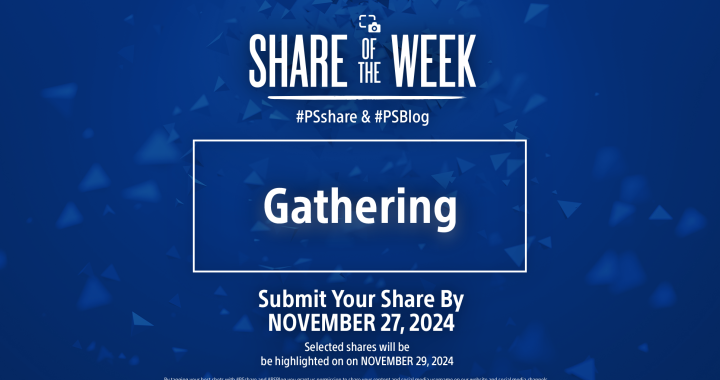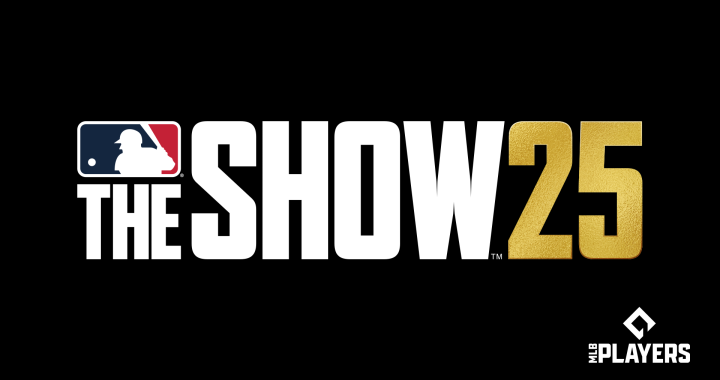Congress passes 12% VAT on digital service providers | News and Reviews
The Philippine Congress has passed the bill that allows the government to implement a 12% Value Added Tax (VAT) on companies, such as Lazada, Netflix and Spotify that provide goods and services through digital and electronic means.
Non-resident providers such as Netflix, Spotify, and Lazada, among others, will now be taxed an additional 12% thanks to the passing of the Section 105-A of the National Internal Revenue. The unnumbered bill defines digital service provider as “an entity which provides digital service or goods to a buyer through an online platform for purposes of buying, and selling goods or services or by making transactions for the provisional of digital services on behalf of any person.”
Digtal service providers can also be defined by several factors:
- A third party that acts as a conduit for goods or services offered by a supplier to a buyer and receives commission therefore;
- A platform provider for promotion that uses the Internet to deliver marketing messages to attract buyers;
- A host of online auctions conducted through the Internet, where the seller sells the product or service to the person who bids the highest price;
- A supplier of digital services to a buyer in exchange for a regular subscription fee over the usage of the said product or service; and
- A supplier of electronic and online services that can be delivered through an information technology infrastructure, such as the Internet.
House Ways and Means panel Chairman Joey Salceda said “Iyong malalaking kumpanya katulad ng Netflix, nagbebenta sa Pilipinas kaya dapat magbayad ng VAT. Pero wala nang income tax kasi we (in the bill) did not require them to have a domicile here.”
This new bill could raise PhP 10 billion in revenue for the government, most of which will come from foreign companies that are based in the Philippines said Finance Assistant Secretary Daki Napao.
Representative Sharon Garin of the AAMBIS-OWA partylist says that the bill will not be targeting micro, small, and medium enterprises (MSMEs) and small-time online sellers. Instead, it will be for providers from outside the country like Netflix, Spotify, Facebook, Google, and other global internet companies.
Source 1, 2
 On December 4, Honkai: Star Rail type 2. 7 requests farewell to Penacony.
On December 4, Honkai: Star Rail type 2. 7 requests farewell to Penacony.  Gran Turismo 7 Release 1.54 brings five new vehicles, a Café Menu, World Circuit Occasions, and a GT Sophy AI release
Gran Turismo 7 Release 1.54 brings five new vehicles, a Café Menu, World Circuit Occasions, and a GT Sophy AI release  Discuss of the Week: Dragon Age: The Veilguard – Pals
Discuss of the Week: Dragon Age: The Veilguard – Pals  Initial information on MLB The Show 25 and a preview of MLB The Show’s future.
Initial information on MLB The Show 25 and a preview of MLB The Show’s future.  The Legacy of Kain line: longitudinal with original builders
The Legacy of Kain line: longitudinal with original builders  How does NetherRealm’s Ghostface function in Mortal Kombat 1
How does NetherRealm’s Ghostface function in Mortal Kombat 1